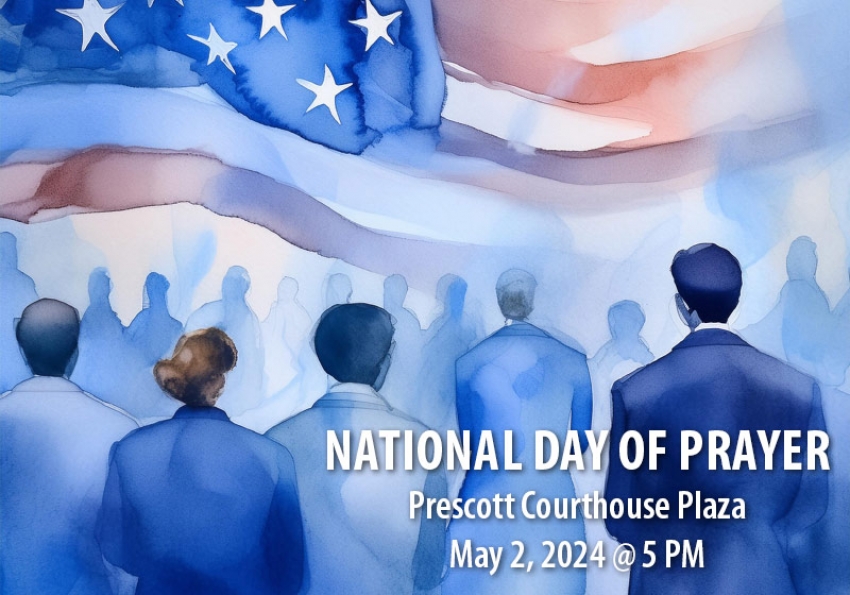Big Idea:
- What flowers cause the most allergies? Rose allergy symptoms.
- What flowers help with allergies? Plants that cause allergies.
- How do you know if you are allergic to flowers? Can dried flowers cause allergies?
- Are there hypoallergenic flowers? Flowers for someone allergic.
- Read More…
Flowers can be a mixed blessing for allergy sufferers
The mountains of Arizona are at the peak of the planting season. The start of summer offers even brighter flowers than spring, and Watters Garden Center is fully stocked with these summer lovers.
Flowers are beautiful, but they are a mixed blessing for allergy sufferers. Not all flowers trigger allergies. The more hybridized the plant, the less likely it will have a high level of pollen and the less irritating. The plants that transfer their pollen by wind are the real culprits. Flowers can be even more annoying when brought into confinement indoors.
As we continue the planting season, here are garden plants to avoid and safer bloomers for allergy sufferers.
Worst Flowers for People with Allergies
The worst offenders are the Daisy family, Asteraceae, which include asters, dahlias, daisies, Gerber daisies, chamomile, chrysanthemums, and sunflowers.
If this family includes some of your favorite flowers, take heart. There are some exceptions. The hybrids classified as "formal doubles" have virtually no pollen. These are the fluffy flowers with lots of petals and stamens that have evolved into pollen-less staminodes. We specialize in these flowers at Watters Garden Center, with an ever-expanding list of allergy-free flowers.
Some pollen-free sunflower varieties, like 'Apricot Twist' and 'Joker,' are hypoallergenic because their pollen is too heavy to be windborne.
Ragweed is the bane of every allergy sufferer. For decades poor Goldenrod has been mistaken for ragweed, although it can cause some reactions in high wind areas.
Baby's Breath shows up in many florist bouquets. Although the flowers are small, they pack a lot of pollen. It may seem counterintuitive, but the double-flowered variety is a better choice than the single-flowered types. The hybridized double flower varieties have been bred for beauty without the pollen count of their wilder cousin.

Best Flowers Without the Allergy issues - Now for the good news.
Many flowers should not cause any sniffles.
Start with plants grown for their foliage. Hosta, dusty miller, and cactus are all superior choices. Azalea, begonia, bougainvillea, camellia, clematis, columbine, geranium, hibiscus, hydrangea, impatiens, iris, lily, orchid, pansy, petunia, phlox, rose, snapdragon, thrift, verbena, viola, and zinnia provide allergy-free color in the gardens.
Most spring bulbs are superficial in pollen, including crocus, daffodils, hyacinth, and tulips.
While lilies have a bit of pollen, it is effortless to remove the stamens and the pollen-laden anthers with a pair of scissors. Be careful because the yellow pollen can stain clothes and fingers. Even worse, the stems can exude a sap that causes skin irritation in sensitive people.
Some highly fragrant flowers do not aggravate allergies but can still be an irritant with their potent smells. In close quarters, they can cause headaches and maybe best enjoyed outdoors. These include gardenia, hyacinth, jasmine, and lilacs. Many French hybrid lilacs and the white or yellow varieties are not as highly scented. Also, try the new Bloomerang series of miniature lilac that repeats bloom through our long growing season.
Since most flowering bulbs are not the culprits causing allergy symptoms, take a look at your trees if you find yourself sneezing. The biggest offenders are arborvitae, junipers, and some of the pines as they spew pollen, causing allergy grief.
Many trees are monoecious, meaning they have separate male and female flowers. For the pollen to get from the male flower to the female flower, it has to travel, and the wind is often the easiest way to disburse it. Unfortunately, some pollen makes its way to your nose instead of the female flowers.
Again, Watters specialized in the newest varieties of cypress, cedar, pine, and spruce that much of the pollen has been bred out of the tree, causing far fewer allergy problems.
Until the next issue, I'll be helping local gardeners with allergy-free flowers here at Watters Garden Center.
Ken Lain can be found throughout the week at Watters Garden Center, 1815 Iron Springs Rd in Prescott, or contacted through his website at WattersGardenCenter.com or Top10Flowers.com.
























